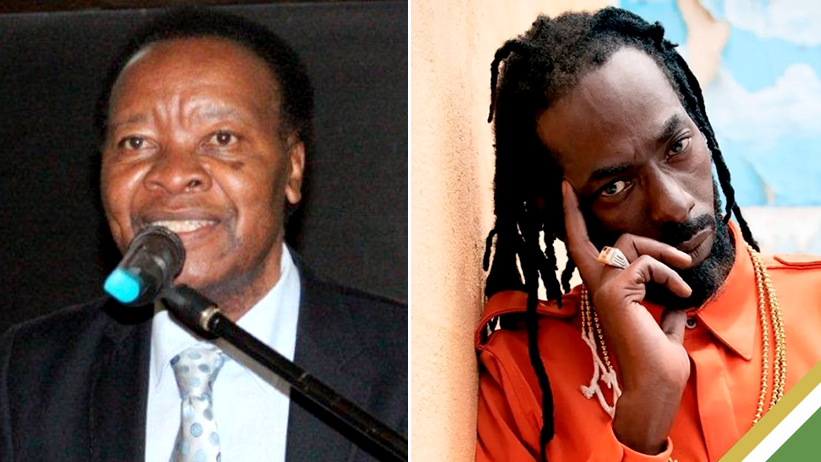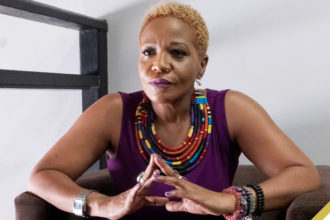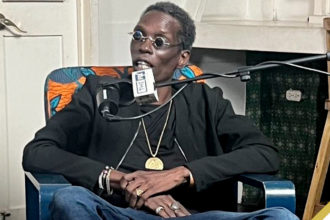In a recent article published by The Standard, Zimbabwean musician, academic, and author Fred Zindi expressed his objection to Jamaican Reggae icon Buju Banton’s disparaging remarks about Afrobeats. Banton, known for his outspoken nature, sparked controversy during a recent episode of the U.S.-based podcast Drink Champs, where he criticized Afrobeats artists for lacking substance and failing to address the sociopolitical struggles faced by the African continent. His comments have ignited a heated debate within the global music community.
Zindi, a respected figure in African music circles, responded by defending Afrobeats and its contributions to the global music scene. He argued that Banton’s critique overlooked the genre’s ability to connect with audiences and its role in elevating African music on the world stage. Highlighting the success of Afrobeats artists like Burna Boy, Wizkid, and Tiwa Savage, Zindi emphasized that these musicians have not only achieved international recognition but have also used their platforms to address social issues in their own ways. He noted that while Banton may not personally relate to Afrobeats, it does not diminish the genre’s impact or its value to those who do.
Zindi further questioned the validity of Banton’s accusations, pointing out the contradictions in the Jamaican artist’s stance. He drew attention to the fact that Dancehall and Reggae, genres Banton champions, have also faced criticism for promoting content that some consider vulgar or violent. Zindi recalled the backlash Banton himself received for his 1992 song “Boom Bye Bye,” which advocated violence against the LGBTQ+ community. Zindi suggested that Banton’s criticism of Afrobeats could be seen as hypocritical, given his own controversial history in the music industry.
In his article, Zindi explored the broader implications of Banton’s comments, particularly in the context of cultural influence and ownership. He acknowledged that as Afrobeats and other African genres gain global prominence, they inevitably shift the focus away from traditional powerhouses like Reggae and Dancehall. However, Zindi argued that this shift should not be viewed as a threat but as a natural evolution of global music. He posited that Banton’s harsh critique might stem from a place of insecurity about Reggae’s waning influence rather than a genuine concern for the integrity of African music.
Zindi also touched on the historical connections between Jamaican and African music, suggesting that instead of creating divisions, artists from both regions should focus on mutual respect and collaboration. He pointed to Banton’s failed attempt to cross over into the Afrobeats market with his collaboration with Nigerian star Patoranking as an example of how the two genres can work together. Despite the song’s lack of international success, Zindi argued that it demonstrated the potential for cultural exchange and artistic growth between the Caribbean and Africa.
In conclusion, Zindi urged Banton and other critics to recognize the value in diverse musical expressions and to appreciate the unique contributions of Afrobeats to the global music landscape. He emphasized that every genre has its strengths and shortcomings, and it is through embracing this diversity that the music industry can continue to evolve.













